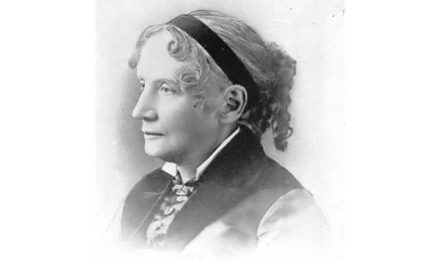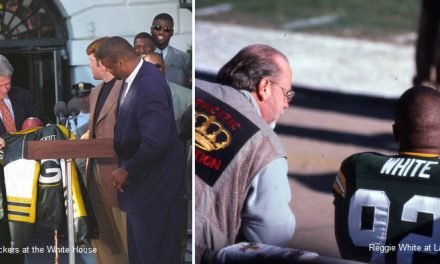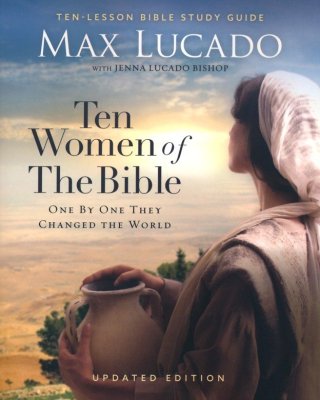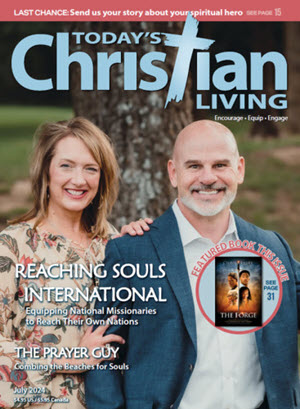Bringing the Bible to the World
William Cameron Townsend was born in California in 1896. Though not a devoted student in his early years, he was valedictorian of his graduating class at Santa Ana High School.
He went on to study for the ministry at Occidental College, but he knew very little about the Bible. His knowledge grew through his involvement with the Student Volunteer Movement. If he hoped to join the organization, he had to pledge to serve in foreign ministry. His passion for world missions began to grow.
In 1916, with World War I underway, Townsend joined the National Guard, with plans to join the battle overseas when needed. God had different plans. In 1917, he signed up to help the Bible House in Los Angeles distribute Bibles, to fulfill his commitment to the Student Volunteer Movement. When he was assigned to Guatemala, however, he was reluctant to go and used his impending post in France, with the National Guard, as a reason not to go. He was shocked when the Bible House recruiter called him a coward, to his face. The challenge to his integrity prompted him to write a letter to his National Guard commander, asking for a discharge. Surprisingly, his request was granted. His commander believed he was better-suited to handing out Bibles than fighting Germans.
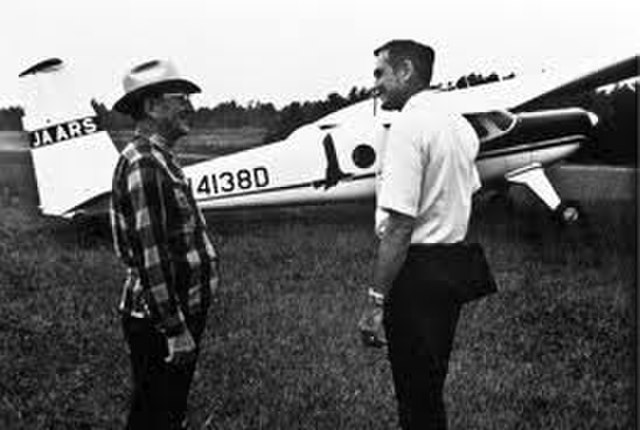
When he arrived in Guatemala, Townsend discovered the people he was distributing Bibles to couldn’t read them. The Bibles were written in Spanish, a language the Caqchikel nation didn’t speak. He spent the next twelve years living among the people, eating what they ate, dressing as they dressed and living as they lived – a rather revolutionary approach to foreign missions at the time. Most importantly, he learned the language and was able to translate the New Testament into the Caqchikel language.
God was calling Townsend to do something new. While most missions were focused on countries as a whole, Townsend shifted his focus to individual cultures within those countries. He recognized each people group needed to have access to God’s Word in their primary language.
Founding Wycliffe Bible Translators
In 1934, Townsend started a training program for future Bible translators. In addition to learning linguistics, they learned survival skills on the farm in rural Arkansas. He named the place Camp Wycliffe, in honor of John Wycliffe, the person who first translated the Bible into English. In 1947, Townsend went on to create the Jungle Aviation and Radio Service (JAARS). Taking planes into remote areas proved far more effective than trying to reach them by Jeep, and opened new fields.
Cameron Townsend was nominated for a Nobel Peace Prize in 1981 for his pioneering work in linguistics. Under his leadership, Wycliffe Bible Translators translated the Bible into over 100 languages. Townsend longed for the opportunity to go into the USSR and begin translation work for the individual people groups there. Sadly, Townsend died of leukemia in 1982, before realizing his dream. Russia’s borders didn’t open until 1989, after the Berlin Wall fell.
Because William Cameron Townsend followed where God was leading him, the work of Wycliffe Bible Translators goes on to this day. Over 500 people groups now have God’s Word in their own languages. By God’s grace, the work will continue reaching new people groups throughout the world. The ministry is driven by Townsend’s heartfelt conviction: “The greatest missionary is the Bible in the mother tongue. It needs no furlough and is never considered a foreigner.”



